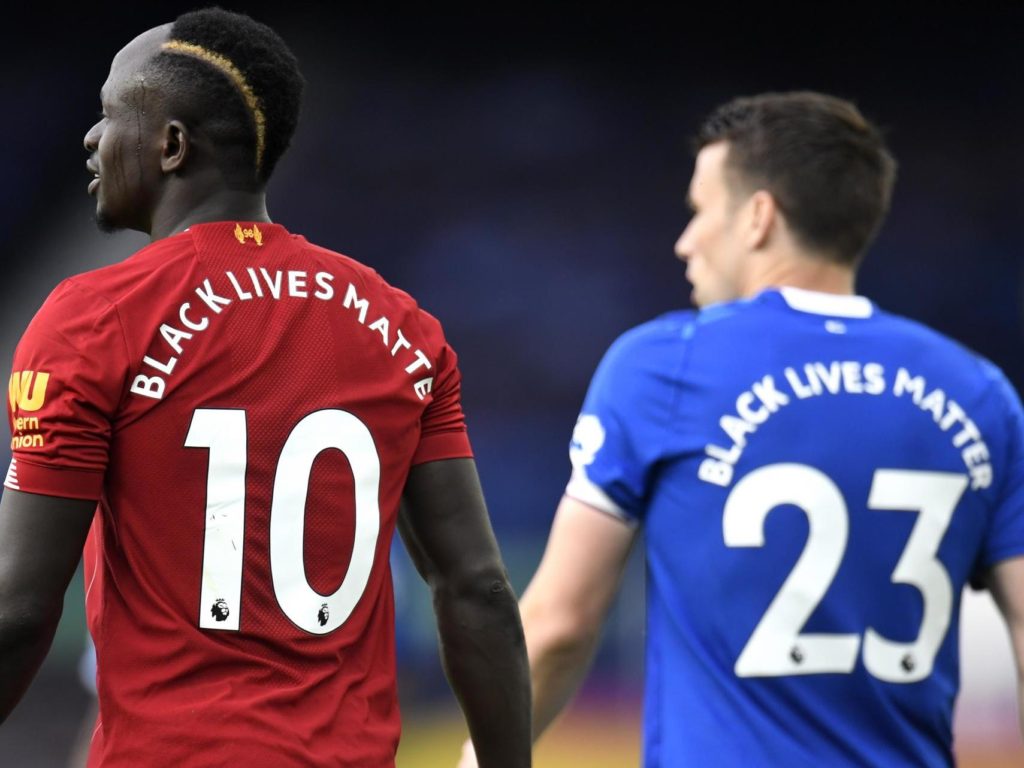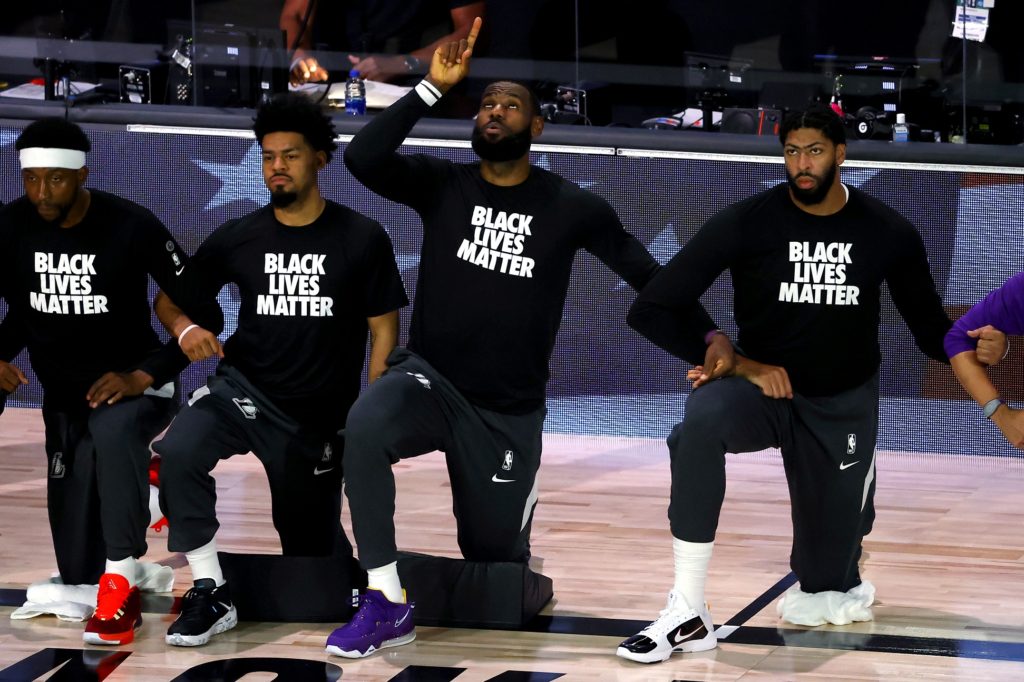
Entertainment is more than just passing time. It’s essential for good mental health. If the entertainment stops, people start becoming bored. Boredom quickly turns to sadism, and sadistic conduct leads to a lower quality of life for all. Entertainment in Clown World is no longer gratifying, and that has led to a spate of psychological problems.
In short, the problem is that the entertainment industry has become pozzed.
Professional sports are the modern world’s equivalent to the circuses of ancient Rome. The primary purpose of both is to entertain a large number of people cheaply. Both the ancient Romans and the modern West quelled dissent by building large stadiums to hold gladiatorial contests. For both of them, this worked out great – for a while.
When people play sports at school, they often dream of coming to represent their nation, or at least their region. From these dreams came the sense of identification with a team or with a sport. That identification makes it possible for people to really enjoy the theatre of sporting contest.
Someone who understands a sport can derive a great deal of enjoyment from watching a match. The attempt to maintain your own team’s order, while simultaneously introducing chaos into the other team’s order, can be immensely entertaining for people with a developed dramatic sense.
Unfortunately, like so much else in Clown World, professional sports have been pozzed by politics.
Although many people follow the maxim that sports and politics don’t mix, those who would force their politics on other people have noticed the size of the platform that professional sports offers. For most of them, it’s too much of a temptation to resist. The same forces that have pushed politics into education, medicine and science have also pushed it into entertainment.
In recent years, the political content of sports broadcasts has increased. Politicisation had always threatened Clown World sports, but it erupted in 2016 when Colin Kaepernick, quarterback for the San Francisco 49ers American football team, started kneeling instead of standing for the pre-game rendition of the American national anthem.
Kaepernick explained: “I am not going to stand up to show pride in a flag for a country that oppresses black people and people of color.” This move created a wave of protest both against and in favour. Pretty soon, people started forgetting about the sport, and focusing on the politics instead.

The politicisation of sport in Clown World might have hit a peak this year with many NBA players also choosing to take a knee during the pre-game national anthem. Even soccer players in England were drawn into showing support for the Black Lives Matter movement, either by taking a pre-game knee or by wearing the phrase on their matchday shirts.
Sports as far away as New Zealand have been pozzed by this trend. The logo of the Crusaders rugby team was changed in 2019, from a strikingly monochrome sword-and-shield-wielding Crusader to a design that looks like two dildoes glued together. Supposedly this was to appease the local Muslim community after the Christchurch mosque shootings in March that year.
The result of all of this politicisation is record low viewing figures. The three least-watched NBA finals matches since 1987 all took place in 2020. Major league baseball viewership also declined sharply this year. The mixing of politics with sport has seen people reject sport in general – a tragic irony if one considers that social sport is one of the best possible ways to build cultural bonds between different races.
The television and film industry has also been pozzed by the push for inclusivity. Although both television and film have been heavily influenced by politics from the very beginning – mostly owing to the propaganda potential of those media – things have become much worse in recent years.
From now on, you won’t be able to win an Oscar unless your film ticks all the diversity boxes. Films that aren’t diverse enough will simply be excluded from consideration. Even more blatant was when the British Broadcasting Corporation offered an internship that was only available to non-white people. White erasure is going full swing in Western film and television.
Finding alternative sources of entertainment to sports, film and television has not been easy. There was a brief window of time, near the end of the Golden Age of the Internet, when YouTube and FaceBook were the superior media. Today, thanks to the televisionisation of both, people have had to look even further afield for decent entertainment.
Video games haven’t escaped politicisation. Games like Tomb Raider, The Last of Us Part 2 and Dead or Alive have seen attempts to manipulate the developers into shrinking the size of the breasts on the female characters. Civilization VI has seen female characters shoehorned in at the expense of far greater male ones, such as Napoleon. Even tabletop card games like Magic: the Gathering are pozzed (although this happened more because of profit-seeking than politics).
The inevitable result of not being able to find gratifying entertainment is destructive boredom. There is surely a direct link between the current crapness of sports entertainment, film and television on the one hand, and the boredom-fuelled chaos that has seen several American cities crippled by riots on the other. The cost of the bread and circuses winding up in Clown World is social unrest.
The great thing about Magic: the Gathering is that you can literally gather with friends in a building somewhere and entertain each other by playing a game that doesn’t have advertisements or political statements all through it. Perhaps the solution to boredom in Clown World is to go back to the pre-radio era model, the pre-mass media model, where people from a certain area gather together to play cards, drink, sing, crack jokes and talk shit.
*
This article is an excerpt from Clown World Chronicles, a book about the insanity of life in the post-Industrial West. This is being compiled by Vince McLeod for an expected release in the middle of 2020.
*
If you enjoyed reading this essay, you can get a compilation of the Best VJMP Essays and Articles of 2019 from Amazon for Kindle or Amazon for CreateSpace (for international readers), or TradeMe (for Kiwis). A compilation of the Best VJMP Essays and Articles of 2018 and the Best VJMP Essays and Articles of 2017 are also available.
*
If you would like to support our work in other ways, please consider subscribing to our SubscribeStar fund. Even better, buy any one of our books!
